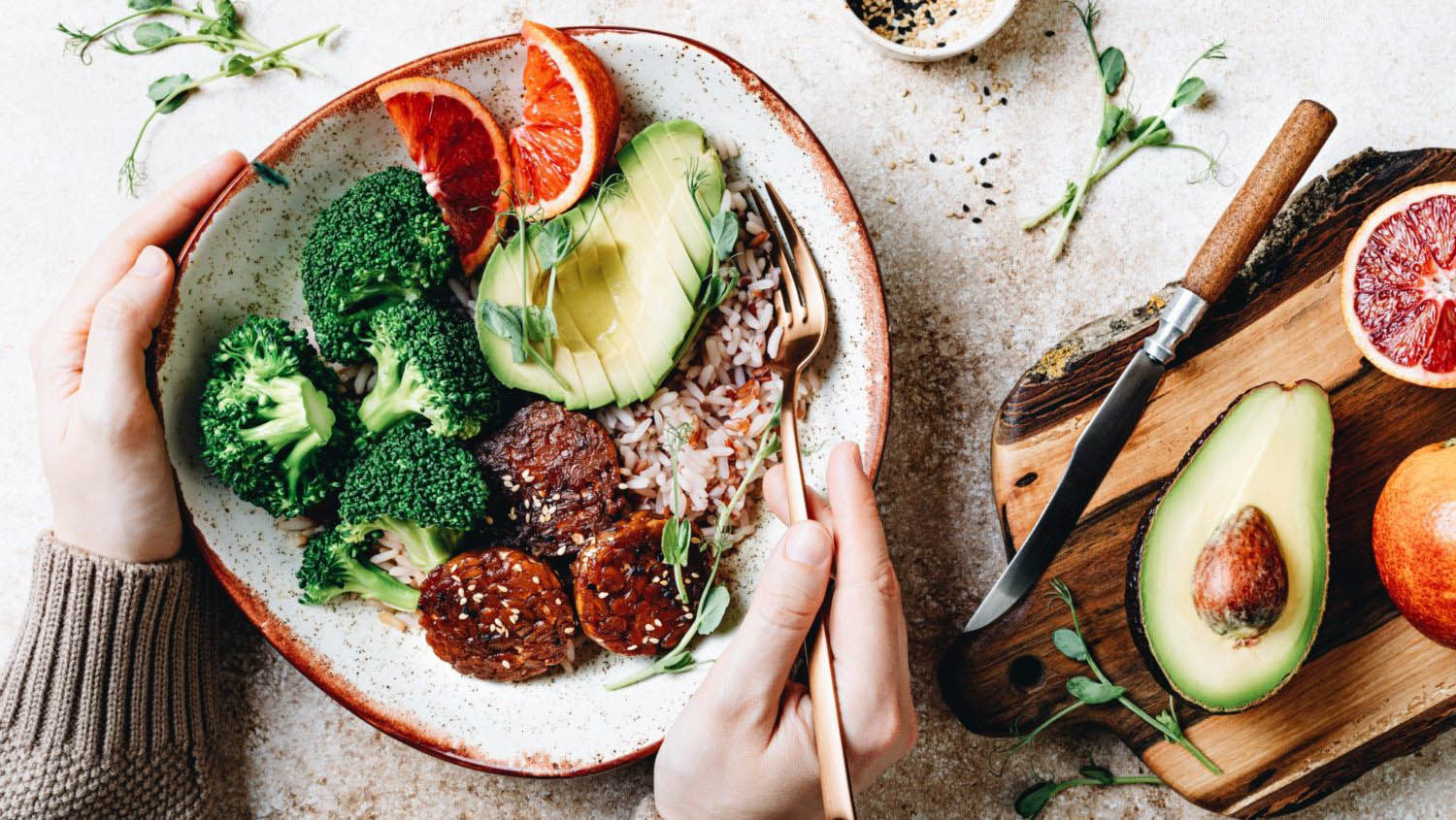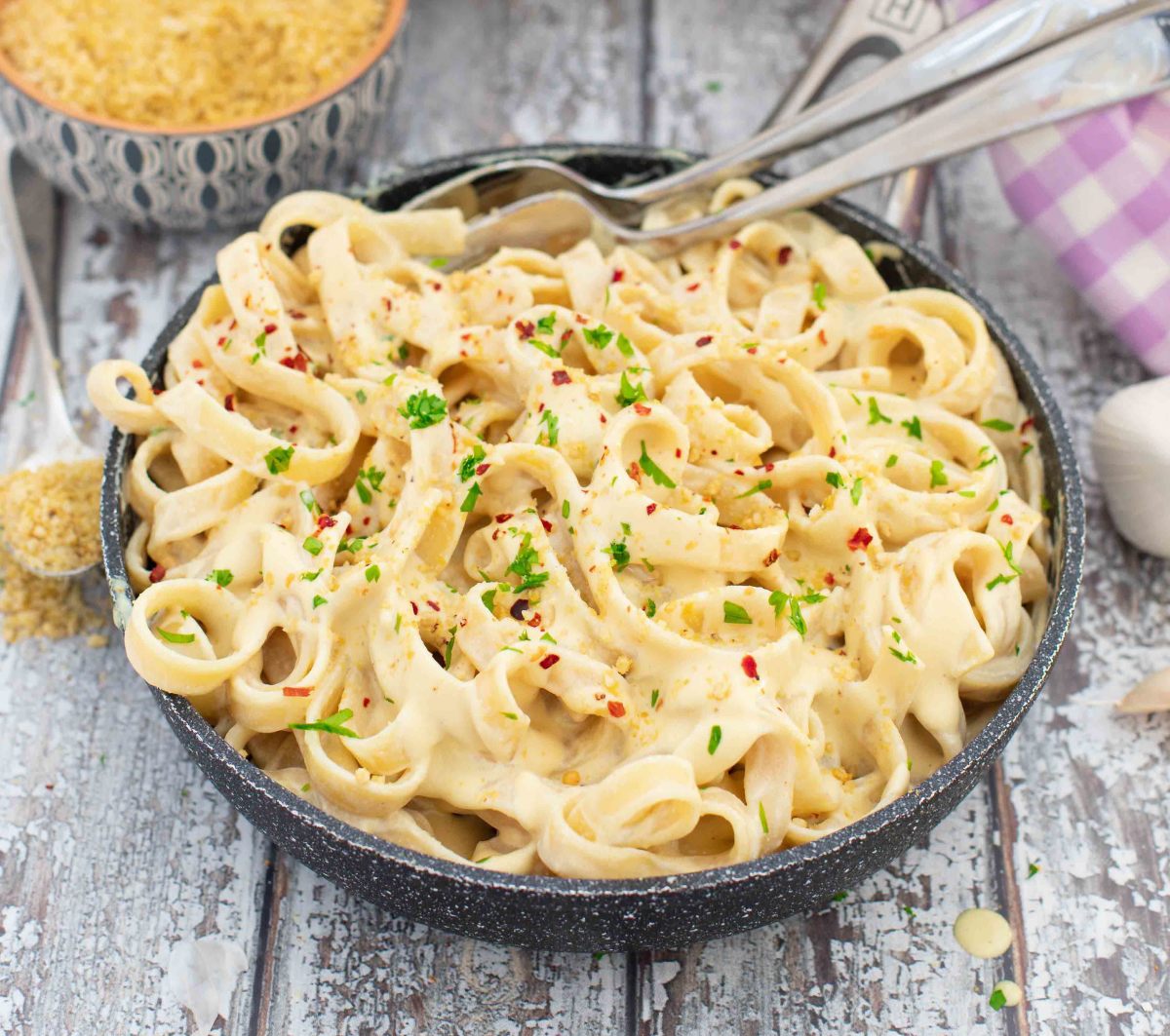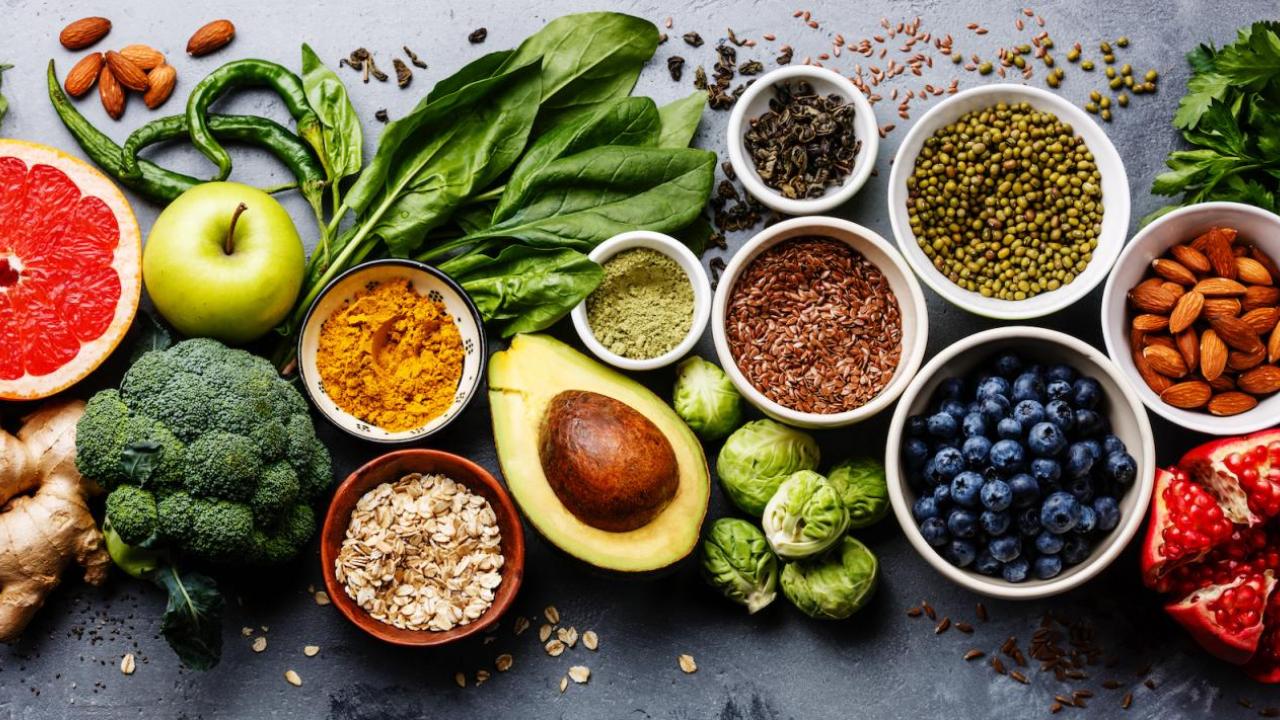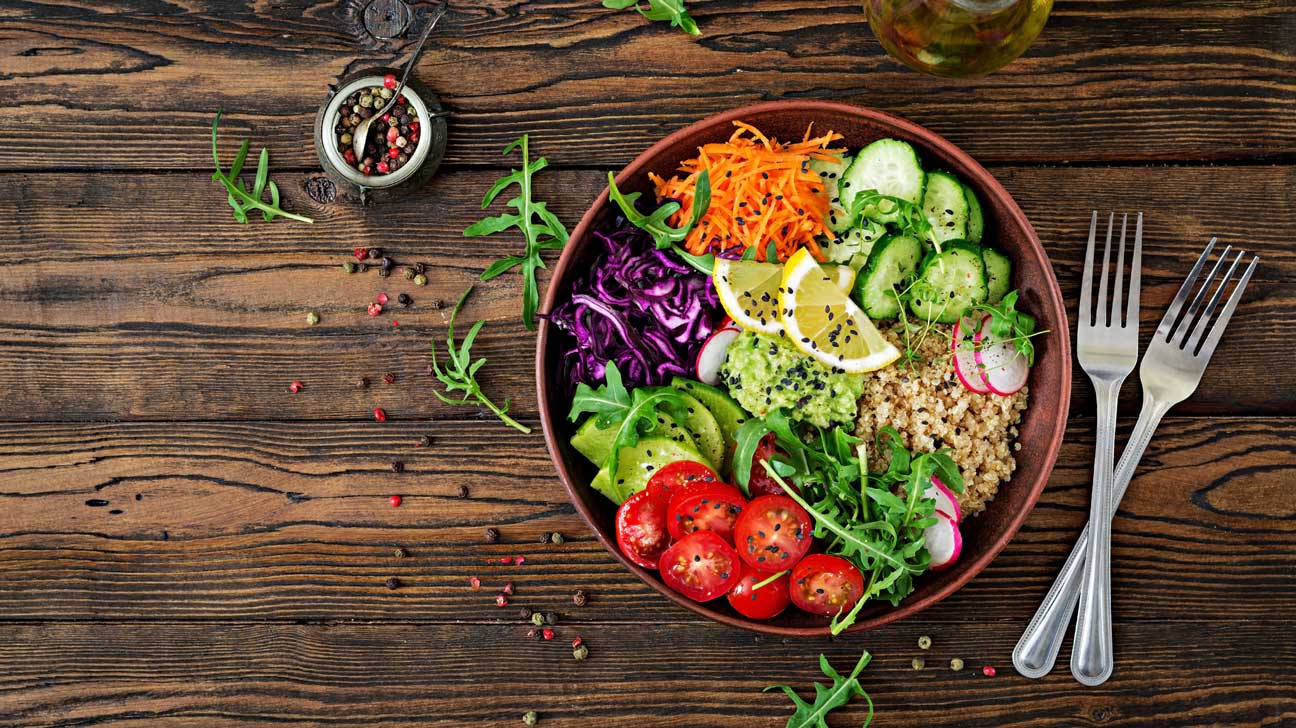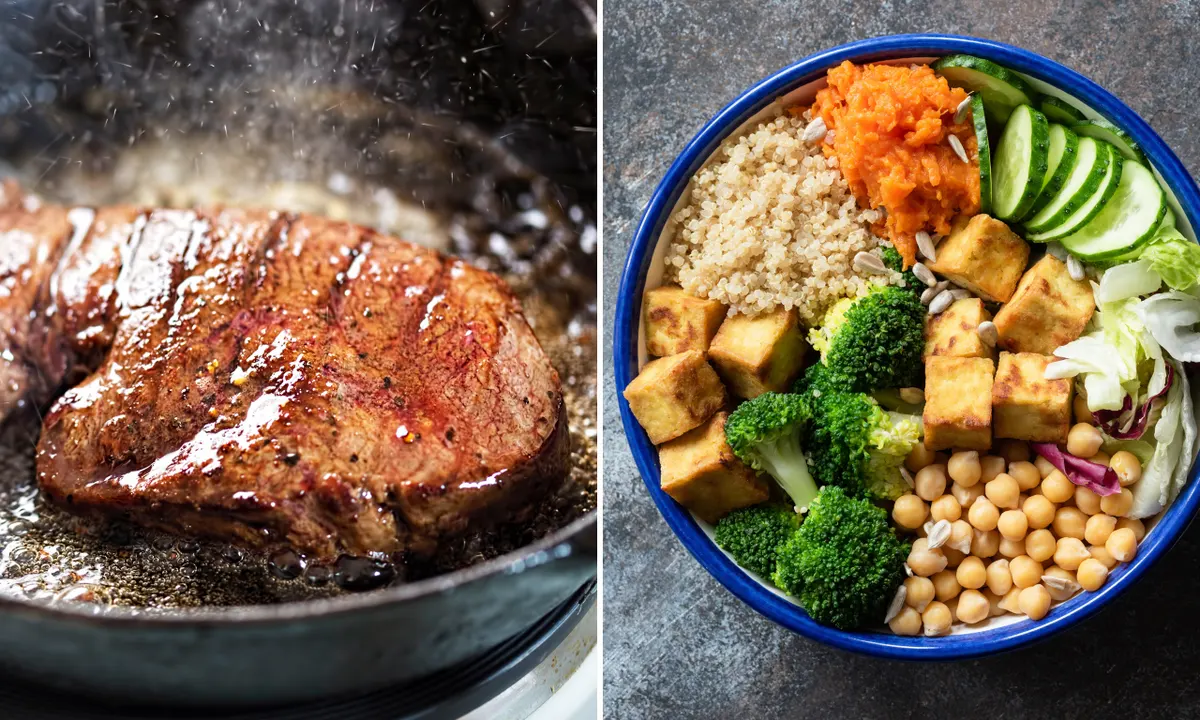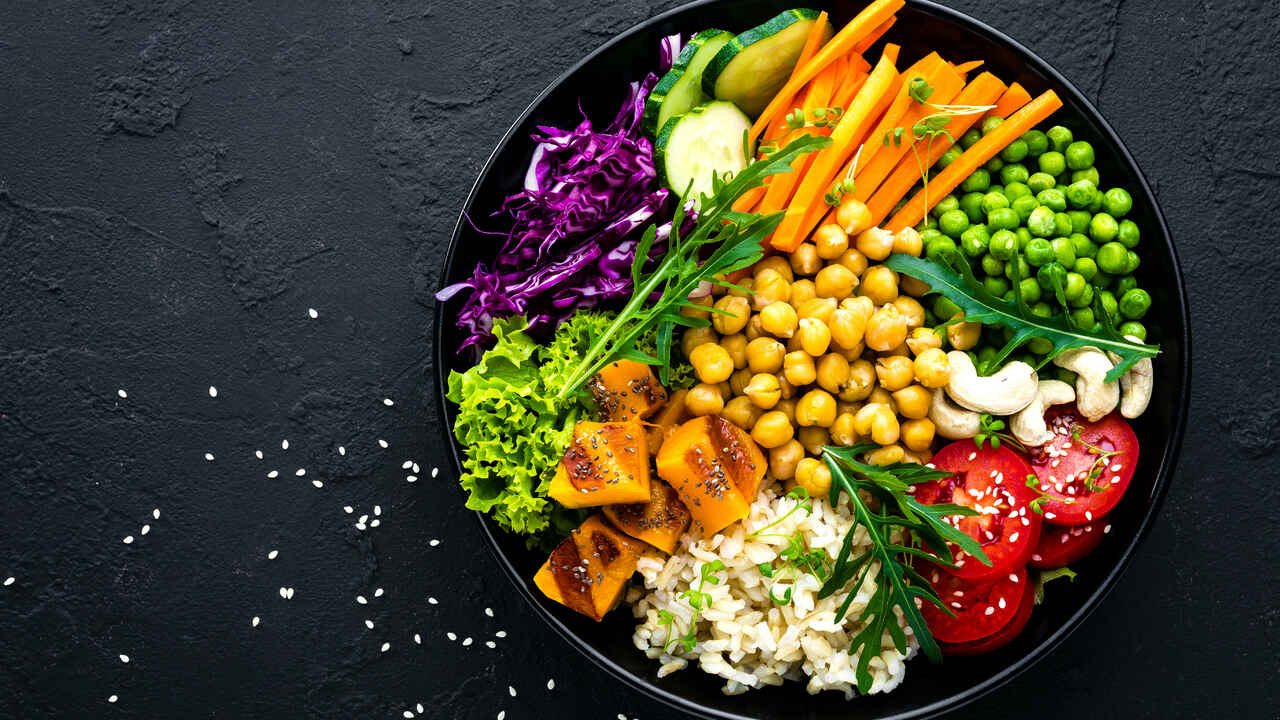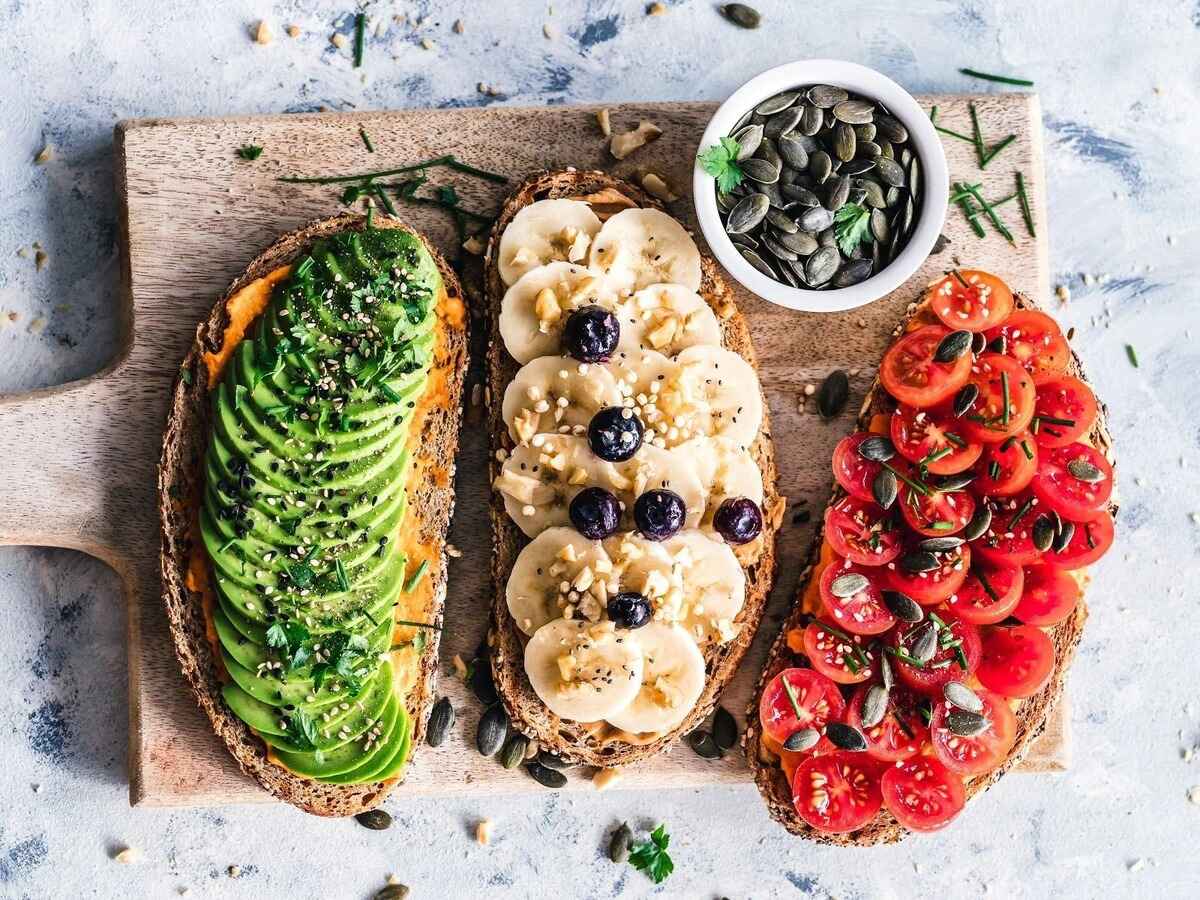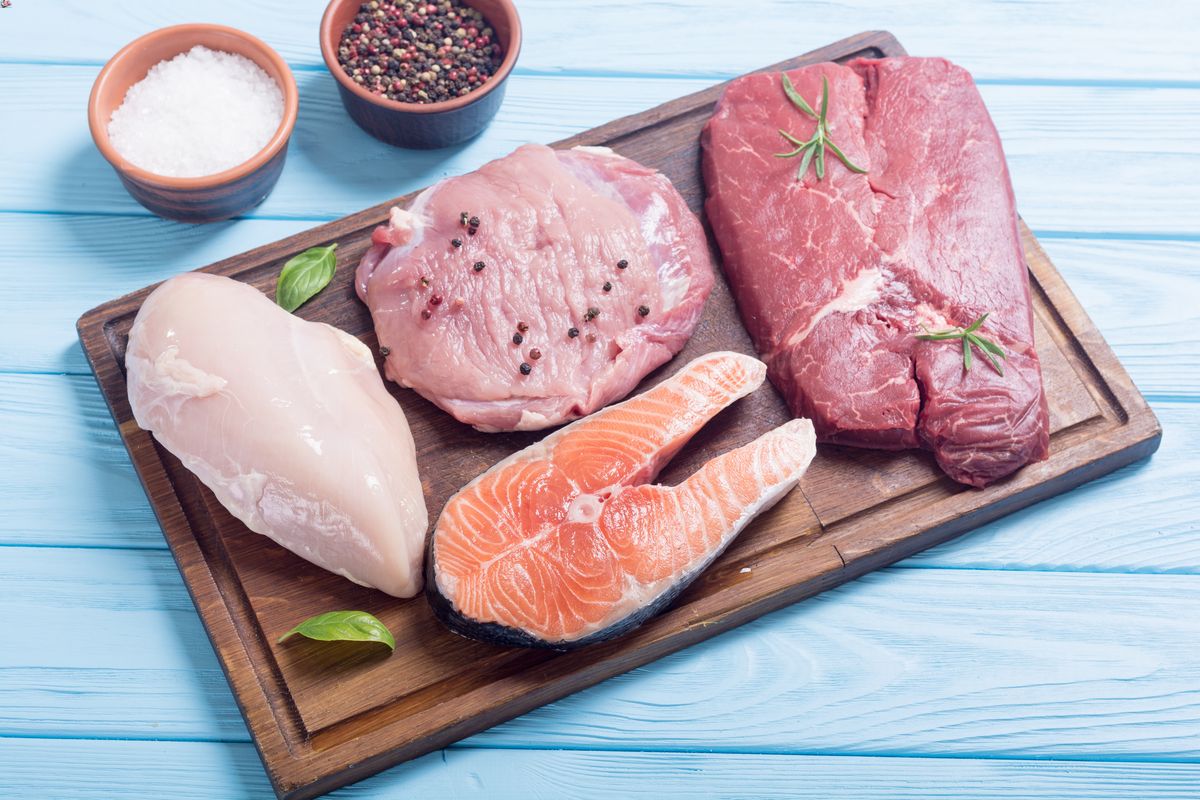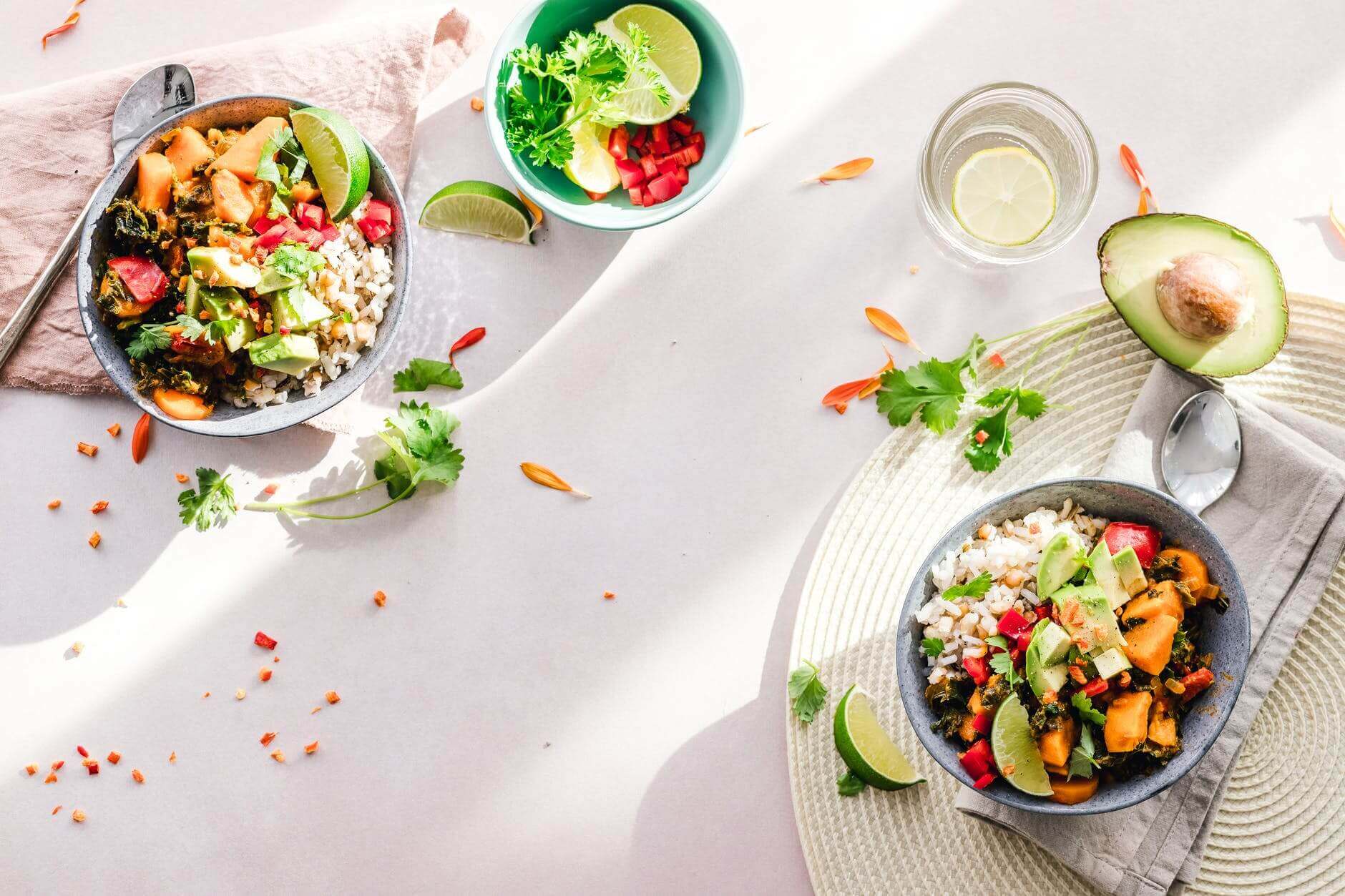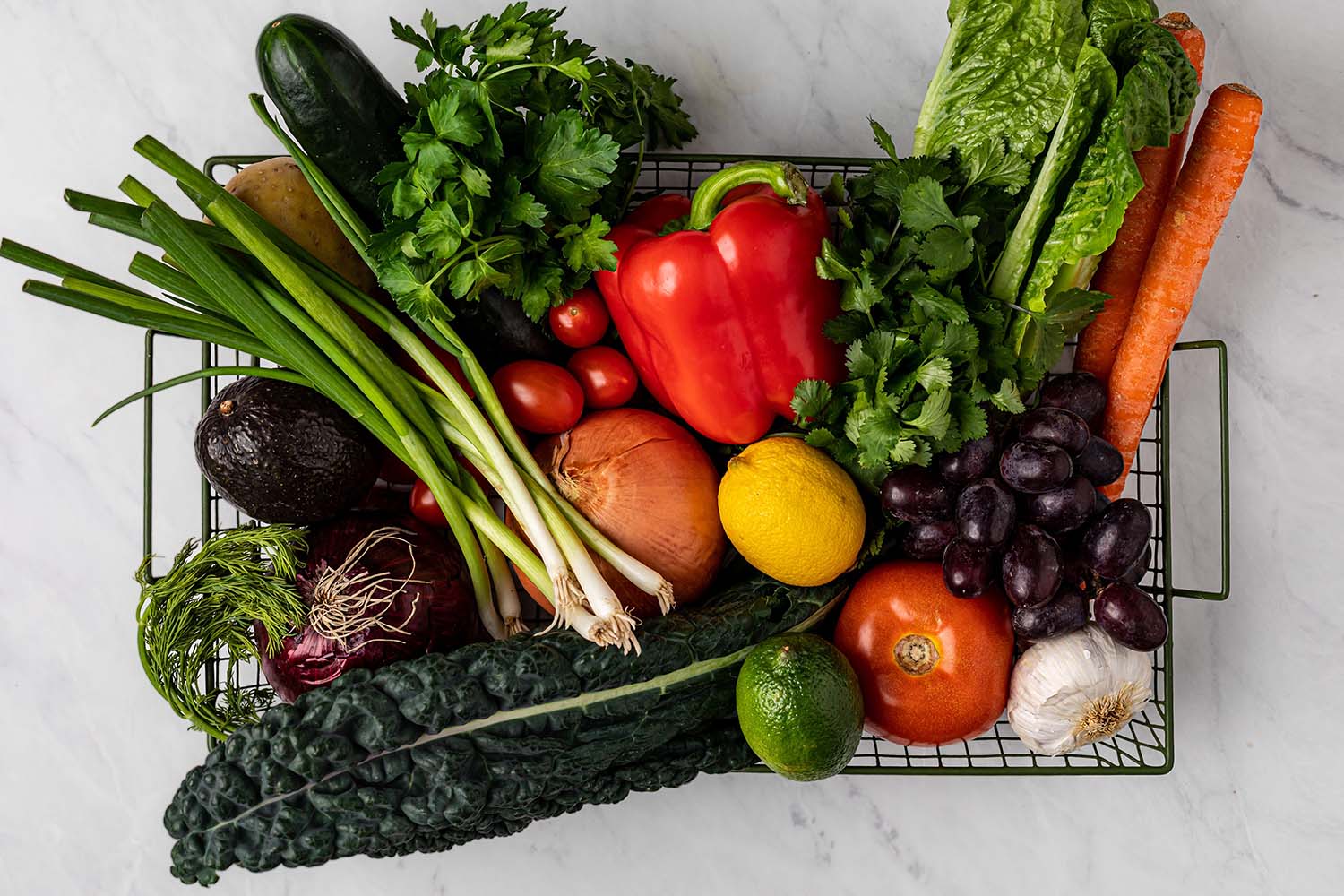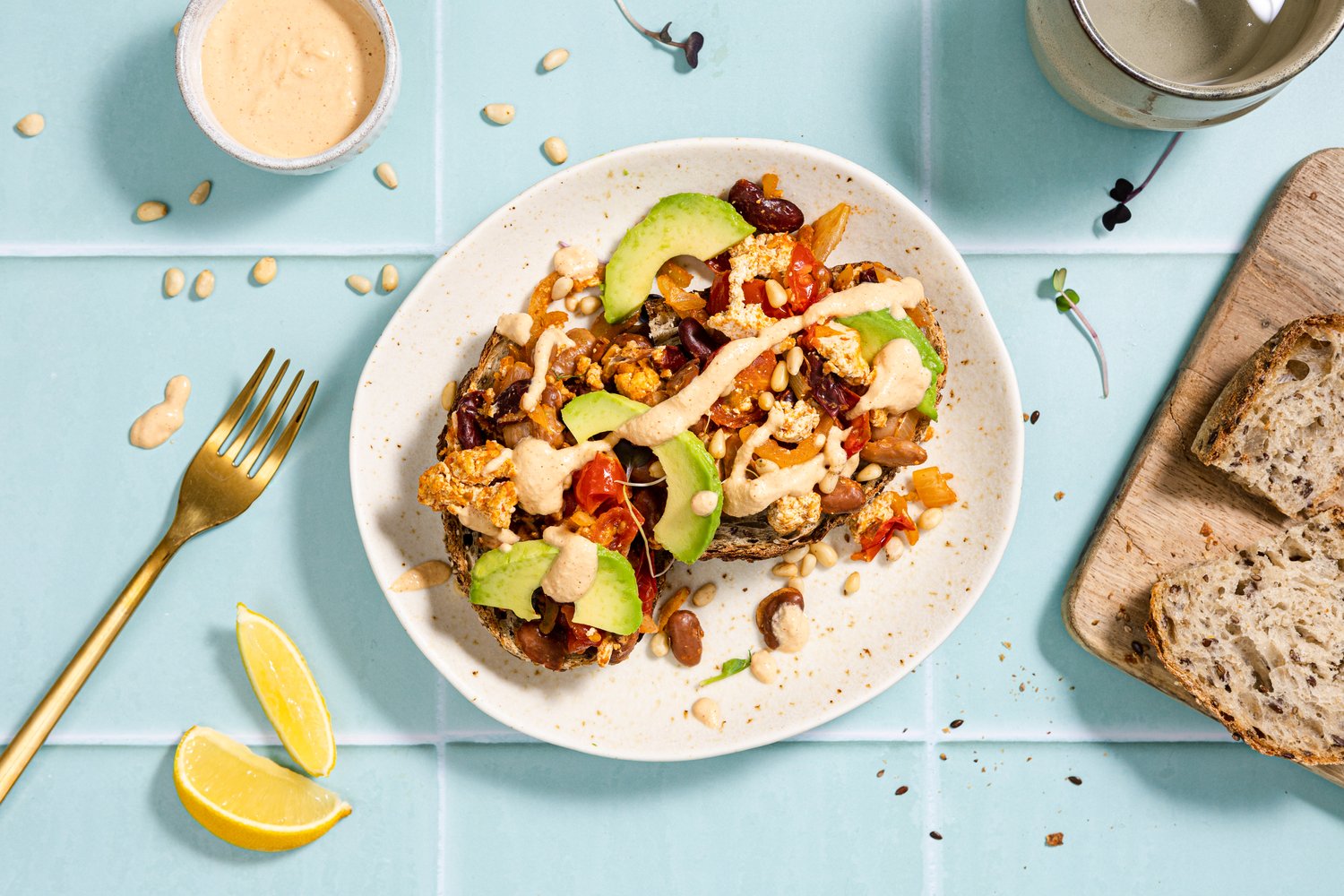Getting Enough Protein on a Plant-Based Diet
Many people believe that it’s difficult to get enough protein on a plant-based diet, but with the right knowledge and food choices, it’s entirely possible to meet your protein needs without consuming animal products. Whether you’re a vegan, vegetarian, or simply looking to incorporate more plant-based meals into your diet, there are plenty of delicious and nutritious protein sources to choose from.
Plant-Based Protein Sources
When it comes to plant-based protein, there are numerous options to explore. Some of the best sources of protein for those following a plant-based diet include:
- Lentils: Packed with protein and fiber, lentils are a versatile and affordable plant-based protein source.
- Chickpeas: Whether roasted for a crunchy snack or blended into creamy hummus, chickpeas are a great source of protein.
- Quinoa: This ancient grain is a complete protein, containing all nine essential amino acids.
- Tempeh: Made from fermented soybeans, tempeh is a nutrient-dense protein option that can be used in a variety of dishes.
- Edamame: These young soybeans are not only delicious but also rich in protein and other essential nutrients.
- Chia Seeds: In addition to being high in protein, chia seeds are also a good source of omega-3 fatty acids and fiber.
- Hemp Seeds: With a mild, nutty flavor, hemp seeds are a complete protein and a great addition to smoothies, salads, and baked goods.
Creating Balanced Plant-Based Meals
Building meals around plant-based protein sources is key to meeting your nutritional needs. Here are some simple and delicious meal ideas that are rich in protein:
- Lentil Tacos: Fill corn tortillas with seasoned lentils, fresh veggies, and a dollop of creamy avocado for a protein-packed twist on traditional tacos.
- Quinoa Salad: Combine cooked quinoa with colorful bell peppers, cucumbers, and a zesty vinaigrette for a refreshing and protein-rich salad.
- Chickpea Curry: Simmer chickpeas in a fragrant coconut curry sauce and serve over fluffy basmati rice for a satisfying and protein-packed meal.
- Tempeh Stir-Fry: Sauté tempeh with an array of crisp vegetables and a savory stir-fry sauce for a quick and protein-rich dinner.
- Edamame Pasta: Toss protein-rich edamame pasta with your favorite marinara sauce and a sprinkle of nutritional yeast for a comforting and satisfying meal.
Supplementing Your Protein Intake
In some cases, it may be beneficial to supplement your plant-based diet with protein powders or bars, especially for athletes or those with higher protein needs. Look for products made from high-quality plant-based protein sources such as pea protein, brown rice protein, or hemp protein. These supplements can be convenient options for boosting your protein intake, particularly after a tough workout or when you’re on the go.
Final Thoughts
With a bit of creativity and a focus on whole, nutrient-dense foods, it’s entirely possible to meet your protein needs on a plant-based diet. By incorporating a variety of plant-based protein sources into your meals and snacks, you can enjoy a balanced and satisfying diet that supports your health and well-being.
Remember, it’s important to listen to your body and make adjustments as needed to ensure you’re getting the nutrients you need. Whether you’re enjoying a hearty lentil stew, a refreshing quinoa salad, or a simple chia seed pudding, there are countless ways to enjoy protein-rich plant-based foods and thrive on a plant-based diet.
